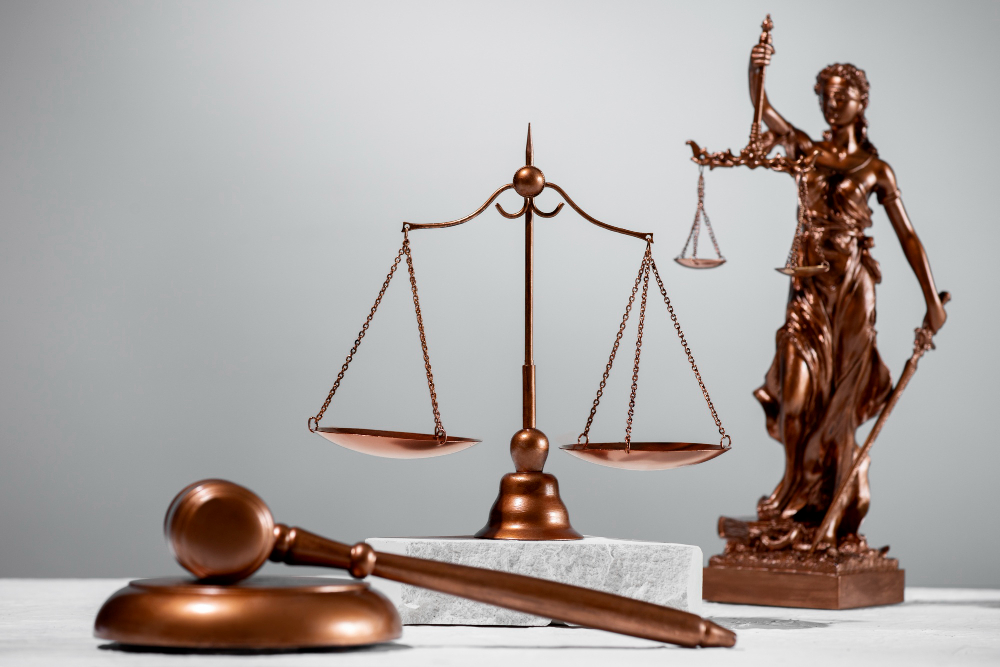
Many people believe that the right to privacy is one of the fundamental human rights, and Article 12 of the Universal Declaration of Human Rights1948) makes this clear that nobody shall be the target of unjustified interventions into his family, home, correspondence, privacy, or honor and reputation. Everyone is entitled to legal defense against these kinds of intrusions or attacks.
The majority of Western countries possess a strong legal framework concerning privacy, and India has long recognized the need for something similar.
ks puttaswamy vs union of india case summary
Facts of ks puttaswamy vs uoi case:
- In order to determine whether or not the right to privacy was secure as an associate degree freelance elementary right in light of conflicting decisions from alternative Supreme Court benches, 91-year-old retired High Court Judge Puttaswamy filed a case against the Union of India before a nine-judge Supreme Court bench.
- In the most recent case, the government’s Aadhaar scheme, a unified biometrics-based identity card, was being challenged. The government wanted to make the card mandatory in order to get government benefits and services. A three-judge Supreme Court bench created the challenge on the grounds that the theme violated the right to privacy.
Issues of ks puttaswamy vs uoi case:
- Whether the Indian Constitution recognize a fundamental right to privacy?
- Is the Court’s ruling in MP Sharma & Ors. vs. Satish Chandra and Kharak Singh vs. The State of U.P., which concluded that there are no such fundamental rights, an accurate representation of the constitutional position?
- Whether the right to privacy is projected by Aadhar?
Contentions by the Petitioner:
- The petitioner contended in court that the right to privacy is an essential component of the Article 21 right to life and personal liberty, as well as one of the freedoms protected by Part III of the Constitution, and that it should be upheld by the Indian constitution.
- On the grounds that it infringes against Article 21 of the Constitution’s Right to Privacy, it was also proposed to assess the validity of the rulings made in the case of Karak Singh v the State of U.P as well as in the case of MP Sharma v Satish Chandra.
Contentions by the Respondent:
- The absence of a specific reference to the right to privacy in the Constitution indicates that the framers did not intend for it to be a basic right.
- Since the idea of privacy is so nebulous, it must be codified in legislation or subject to common law remedies in order to become more concrete.
- The preamble has no bearing on fundamental rights; the Constitution is the exclusive source of them. Furthermore, it is possible to add essential rights to it through an amendment, which only the parliament has the authority to make.
ks puttaswamy vs union of india judgment:
ks puttaswamy vs union of india year of judgment is 24th August, 2017.
- According to this historic ruling, Article 21 guarantees Indians’ right to privacy. This right is not unassailable, however, and before the state or non-state organizations can take any action against it, they must first pass the three criteria established for this purpose, which are as follows:
- Legitimate Aim
- Proportionality
- Legality and
Procedural guarantee against abuse of privacy (another test added by Justice S.K. Kaul)
- It is announced that this overturned the rulings of M.P. Sharma and Kharak Singh, and that the right to privacy is one of the essential liberties guaranteed by Part III of the Indian Constitution.
Regarding the Aadhar Act issue, the court decided that:
- The Aadhar card is legitimate, and the government needs to take the right steps to guarantee the security and safety of the data gathered.
- It is now required to have an Aadhar card in order to participate in government-run welfare programs.
- No child will be excluded from any social program based just on the inability to obtain an Aadhar card.
- No student may be required to provide their Aadhar card information in order to be admitted to a school or institution or to take an exam.
- It is not necessary to issue a SIM card, and telecom firms have no right to request information from Aadhar cards.
KS Puttaswamy himself filed a lawsuit claiming the right to privacy for everyone, knowing full well the dire repercussions of losing one’s privacy, especially at the hands of the state. Numerous significant rulings, including Navtej Singh Johar v. Union of India and Joseph Shine v. Union of India, as well as the Indian judiciary’s perspective on women’s autonomy over their bodies and their right to an abortion, were made possible by this ruling. Additionally, the decision is consistent with international law that acknowledges privacy as a human right.
For any latest news, judiciary exams notifications, patterns, etc watch Jyoti Judiciary’s YouTube channel for legal videos for any updates at https://youtube.com/@jyotijudiciarycoaching4852?si=2cwubh9d2A9urwJf









